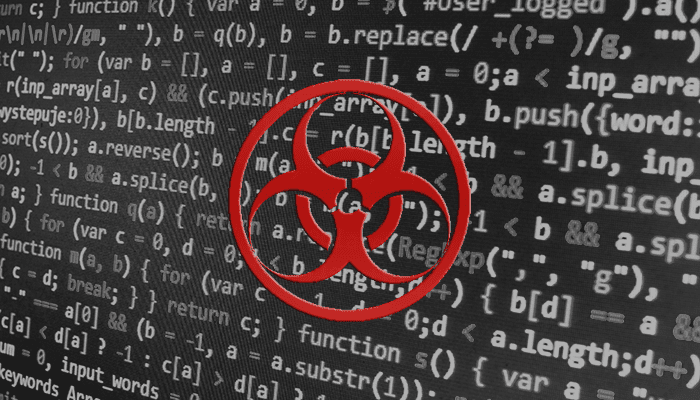Getting the right information to the right people at the right time can be vital in preventing the spread of deadly, yet wholly treatable diseases such as malaria and tuberculosis. The fact that many of these diseases occur in poorer parts of the world where public health agencies are extremely strapped for cash makes this a considerable challenge.
A team from the University of Southern California Viterbi School of Engineering believes their algorithm can help cost-effectively stop the spread of disease.
A large body of work in health policy and agent-based modeling develops realistic disease models. None use an algorithmic approach for disease control, instead examining a limited set of policies that can be exhaustively searched.
The USC team proposes a novel approach (.pdf) to optimizing resource allocation for infectious diseases in a stochastic setting.
Read More
Sources: DZone, USC Center for Artificial Intelligence in Society



